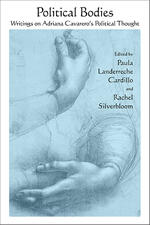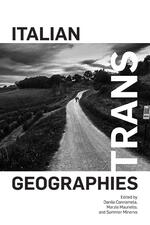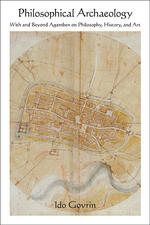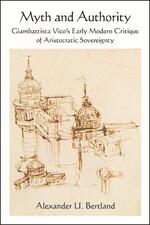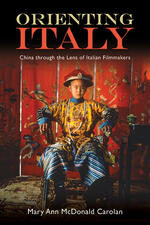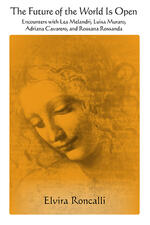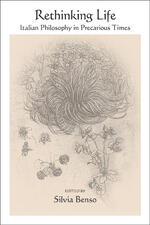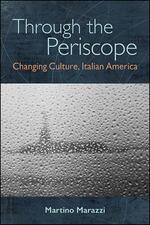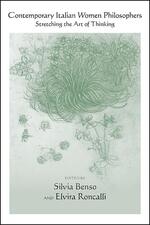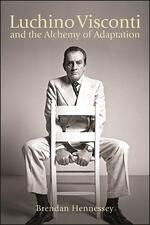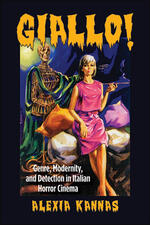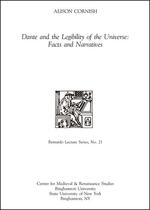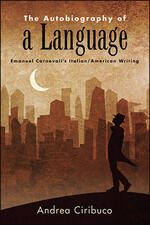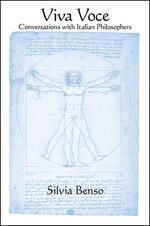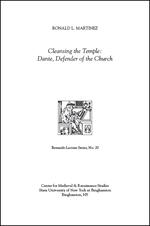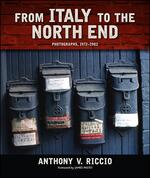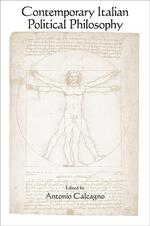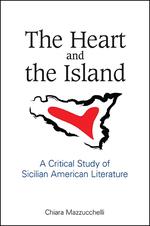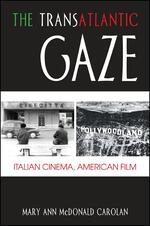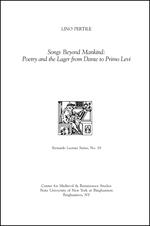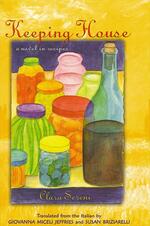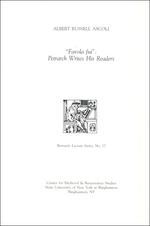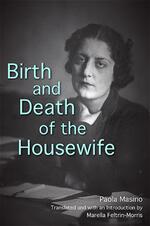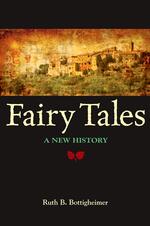Italian Studies
Political Bodies
The first edited volume solely dedicated to the philosophy of Adriana Cavaero.
Italian Trans Geographies
Provides a remapping of Italian and Italian American culture by retracing trans and gender-variant experiences within Italy and along diasporic routes.
Philosophical Archaeology
Explores the potential for a novel philosophy of history to be uncovered by tracing the connections between Giorgio Agamben's work (theoretical practice) and contemporary art (artistic practice).
Myth and Authority
Argues that Giambattista Vico's early modern account of Roman mythology was a sophisticated attempt to present an epistemological and political critique of the aristocratic way of conceiving the world.
Orienting Italy
Explores Italian filmmakers' representations of China and the Chinese, both at home and abroad.
The Future of the World Is Open
Conversations with prominent Italian feminist thinkers Lea Melandri, Luisa Muraro, and Adriana Cavaero, as well as three essays - appearing in English for the first time - by author, journalist, and renown political figure Rossana Rossanda.
Philosophy, Mysticism, and the Political
Nine masterful essays on Dante’s Divine Comedy and his political theology by one of today’s leading Italian philosophers.
Rethinking Life
Fourteen Italian philosophers reflect on how the global experience of vulnerability and precariousness—of which the Covid-19 pandemic is but one example—compels us to rethink life and collective living.
Through the Periscope
Offers a wider approach to Italian American culture, one that stresses both its material, urban components and the creativity of its formal literary codes.
Contemporary Italian Women Philosophers
A unique portrayal of the theoretical positions of eleven Italian women thinkers who share the practice of philosophy and extend philosophical work and interests beyond the realm of the discipline strictly defined.
Luchino Visconti and the Alchemy of Adaptation
Examines the place of book-to-film adaptations by one of Italy's most famous postwar film directors.
Giallo!
Traces the giallo mystery/horror genre from its genesis in Italian cinema of the 1960s and 1970s to its contemporary place in the global cult-film canon.
Dante and the Legibility of the Universe: Facts and Narratives
Argues that the Divine Comedy dramatizes the risks and rewards of competing narratives, or different ways of reading.
The Autobiography of a Language
Explores the links between language, cultural identity, and creativity through the works of Emanuel Carnevali, one of the first Italian American authors to attain literary recognition.
Viva Voce
Firsthand perspectives on the past, present, and future of contemporary Italian philosophy.
Cleansing the Temple: Dante, Defender of the Church
Dante as protector and purifier of the Church.
From Italy to the North End
Documents the arc of the Italian American immigrant experience on both sides of the Atlantic.
Contemporary Italian Political Philosophy
Highlights and critically assesses the work of contemporary Italian political philosophers.
The Heart and the Island
Makes the case for a distinctly Sicilian American literature.
The Transatlantic Gaze
Tracks the influence of Italian cinema on American film from the postwar period to the present.
Songs Beyond Mankind: Poetry and the Lager from Dante to Primo Levi
Examines the preservation of the integrity of humanity through literature in the hells described by Dante in his Inferno and by Primo Levi in Survival in Auschwitz.
Keeping House
Food and its preparation play an integral role in this novel of a young Italian woman struggling to find her own identity in a family of strong personalities and colorful figures.
"Favola fui": Petrarch Writes His Readers
Examines the interplay between reading and writing in the works of Petrarch and Dante.
Birth and Death of the Housewife
First English translation of Paola Masino’s Nascita e morte della massaia, her most controversial novel that provoked Fascist censorship for its critical portrayal of marriage and motherhood.
Fairy Tales
Overturns traditional views of the origins of fairy tales and documents their actual origins and transmission.
